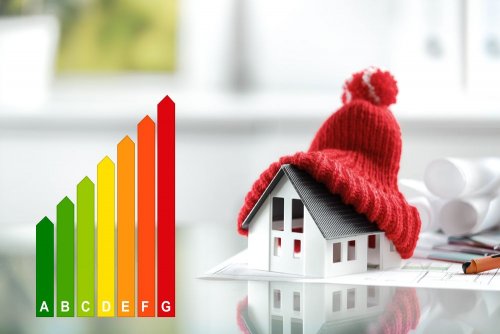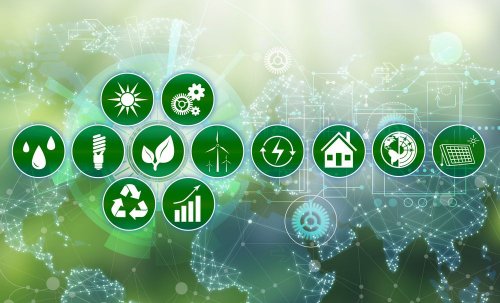A new report by the International Energy Agency (IEA) has shown that the global energy crisis caused by Russia's full-scale invasion of Ukraine has changed the dynamics of energy markets for decades to come.
As a result, energy efficiency has received a number of global incentives, but there are obstacles to rapid progress, reportts IEA's "Energy efficiency 2022".
The authors noted that global investment in energy efficiency reached a new record of $560 billion.
In addition, energy efficiency spending accounts for two-thirds of all green energy and renewables spending, of the $1 trillion that has been mobilized since 2020. Thus, at least 16 prominent national plans contribute to this progress in efficiency, including the US Inflation Reduction Act, the REPowerEU Plan and Japan's Green Transformation Initiative (GX).
The report emphasized that increased information campaigns on energy conservation are helping millions of people to better manage their energy use and make energy-efficient decisions. In addition, current building codes are being strengthened and new ones are being introduced in developing countries. Cooling strategies are implemented in regions with the fastest growing demand for air conditioners.
"Electrification of transport and heating has reached a turning point. One in eight cars sold worldwide is now electric, while in 2022 almost 3 million heat pumps will be sold in Europe alone as they become a popular heating option,” the authors noted.
The material also emphasized that the price increase in 2022 caused an increase in the value of energy efficiency for consumers. Such projects, implemented over the past 20 years, will now save IEA consumers $680 billion on their electricity bills in 2022 at current prices.
The report also identified obstacles to faster progress in energy efficiency:
- a massive increase in fossil fuel subsidies as governments try to cushion the impact of higher energy prices on household bills. More than $550 billion in temporary support was added for 2022. If the support is not targeted, it can weaken the arguments in favor of energy efficiency;
- a significant share of energy efficiency investment is concentrated in developed economies, and for global efficiency gains to accelerate, investments and policies covering the other 60% of energy consumption in EMDEs must be strengthened;
- the Covid-19 crisis caused a shift to a more energy-intensive industry. Progress in energy efficiency will continue to be hampered if high industrial energy demand persists without significant improvements in industrial energy efficiency;
- much of the reduction in energy demand that has occurred may be a negative consequence of business slowdowns or consumers forgoing energy services to save money. Short-term efforts to save energy can easily revert to past patterns of behavior once the crisis subsides.
The report emphasized that in a time of global polycrisis, energy efficiency helps to simultaneously achieve the goals of energy availability, security and the fight against climate change. After all, efficiency measures reduce overall energy demand, putting pressure on energy prices and emissions O2 , jobs and lowering bills for consumers.
"The conditions have been created for 2022 to become a turning point for the progress of energy efficiency," the authors emphasized. "But to seize this opportunity and accelerate progress, it is imperative that governments continue to implement more focused, sustainable and broader sets of measures."
Earlier, EcoPolitic wrote, that the International Energy Agency (IEA) announced 10 strategic principles that will make it possible to strengthen energy efficiency policy in the world and by 2030 to ensure one-third of emission reductions against 2020 indicators.
As EcoPolitic previously reported, Chancellor of the Exchequer Jeremy Hunt said that the country is planning to reduce energy consumption for buildings and industry by 15% until 2030.





